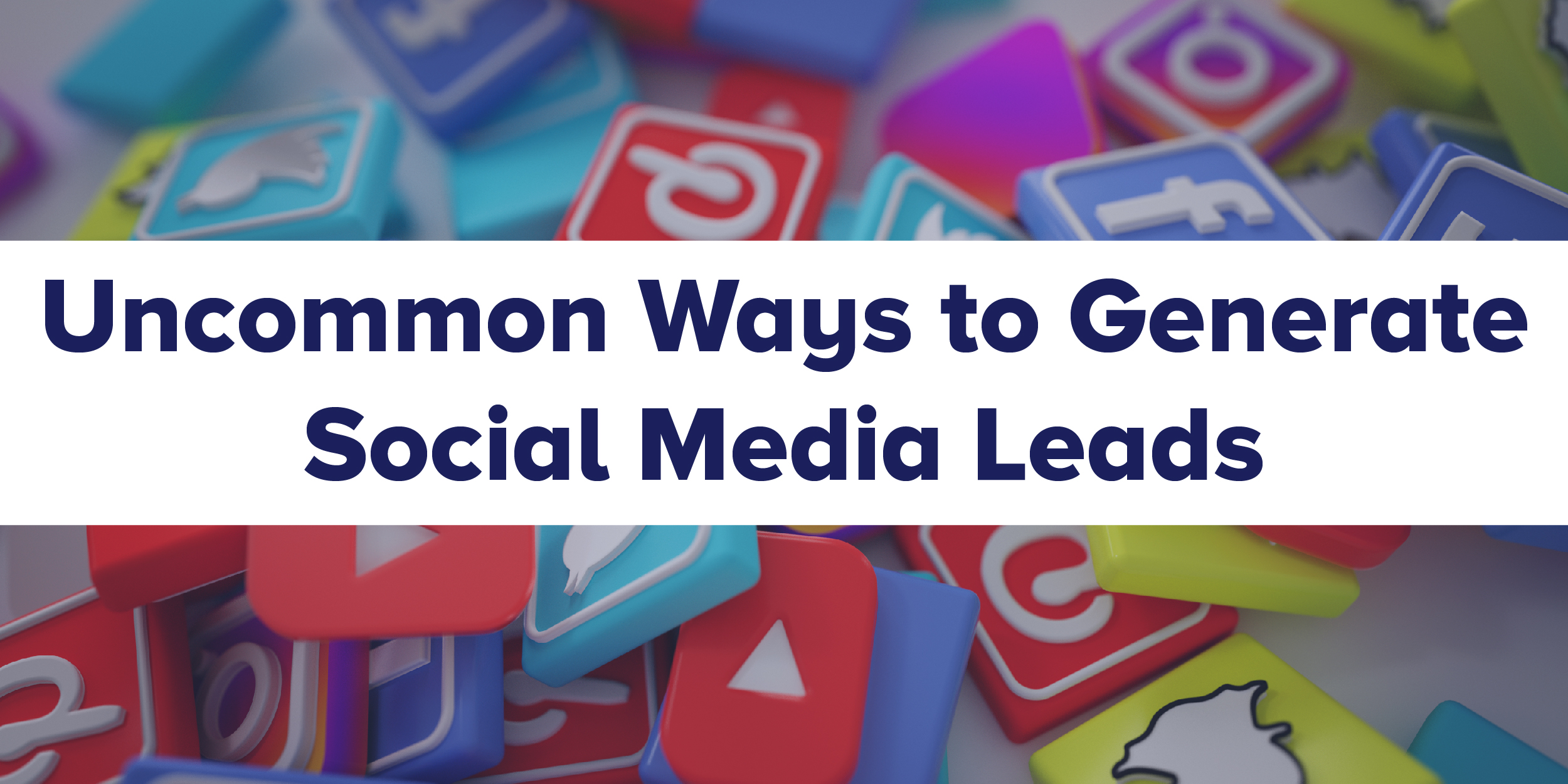When a crisis hits, your business needs to be ready to respond to consumers’ changing needs and buying behaviors.
There’s a fine line between helping consumers and trying to capitalize off of a frightening situation. You don’t always have to be selling something to consumers; offer them helpful resources to navigate the crisis. By using empathetic and helpful messaging, you can set your business apart as an industry leader in trying times.
In addition to following your existing business continuity plan, you can rely on GSM’s tips for further support and guidance. GSM has identified three elements that are necessary for effectively navigating a crisis of any size:
1. FAQ
When you recognize or are alerted to a crisis, start gathering all relevant information on the topic. Use this information to create a single source of truth or an FAQ hub. Direct all traffic for commonly asked questions, and information about your business’ response to the crisis, to this hub. This can be a blog post, a dedicated landing page, or one social channel dedicated to sharing crisis-related content.
If applicable, add the FAQ link to critical pages such as your business profiles across Google and Bing, your social media bios, and your website. Consider including the following points in your FAQ hub:
- Explain the specific actions taken in response
- Describe the real or potential effects of the crisis in relation to your business
- When possible, share the estimated duration of interruption – how long should customers expect to wait until things return to business as usual?
- Update and share the status of scheduled events
- Include refund and cancellation policies
- List your refund and cancellation policies
- If applicable, you are drafting measures to prevent future occurrence
2. Stay in Communication
Don’t immediately stop all forms of advertising or communication. Your consumers will have a lot of questions and expect answers. Your business needs to be accessible and prepared for an influx of consumer messages.
Assess your scheduled messaging to determine if your content is relevant, helpful, and sensitive to the crisis. Direct traffic to your FAQ hub to help alleviate the amount of consumer inquiries.
3. Be Empathetic
When your consumers are affected by a crisis, your business is too. Avoid hard-sell communications in favor of an empathetic tone. Rely on your core brand values and the situation to shape your customer facing messages.
For all of GSM’s tips and best practices for crisis marketing, download our free Crisis Communications Best Practices guide below:
Crisis Communications Best Practices![]()










